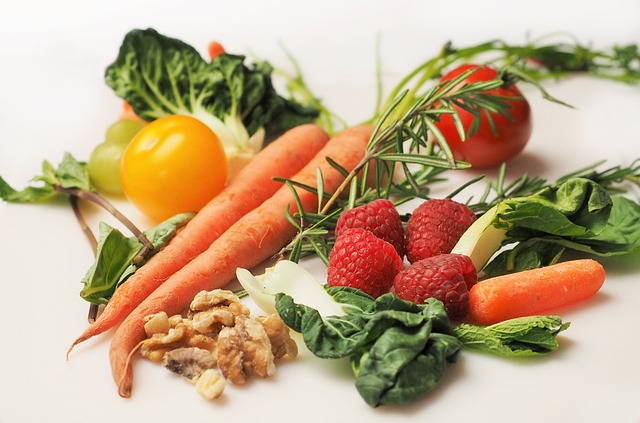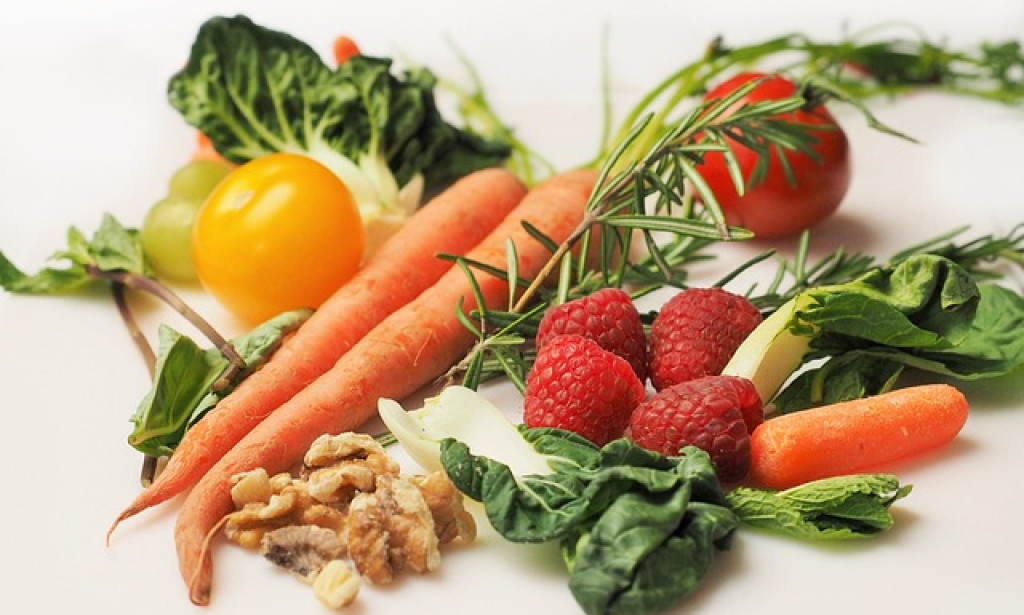Vitamin K is a crucial nutrient for the body,
involved in key processes that support our health and well-being. Known mainly for its role in blood clotting, vitamin K has additional benefits related to bone health, heart health, and cellular function. This nutrient exists in two main forms: vitamin K1 (phylloquinone), primarily found in plant-based foods, and vitamin K2 (menaquinone), mainly present in animal products and fermented foods. Ensuring an adequate intake of both forms is essential for overall health.
Blood Clotting and Healing
Vitamin K is best known for its role in blood clotting, a process vital for preventing excessive bleeding after an injury. Without sufficient vitamin K, the body cannot produce specific proteins that facilitate clotting, which can lead to excessive bleeding and bruising. This is particularly important for people who may be at risk of bleeding disorders. Foods rich in vitamin K1, such as leafy greens, help support a healthy clotting process. This makes vitamin K essential for wound healing and recovery from injuries.
injury. Without sufficient vitamin K, the body cannot produce specific proteins that facilitate clotting, which can lead to excessive bleeding and bruising. This is particularly important for people who may be at risk of bleeding disorders. Foods rich in vitamin K1, such as leafy greens, help support a healthy clotting process. This makes vitamin K essential for wound healing and recovery from injuries.
Bone Health and Osteoporosis Prevention
Beyond its role in blood clotting, vitamin K is essential for bone health. It helps activate osteocalcin, a protein responsible for binding calcium to bones, which strengthens the bone matrix. This process is crucial for maintaining bone density and reducing the risk of fractures, particularly as people age. Studies suggest that people who consume adequate levels of vitamin K have a lower risk of osteoporosis and fractures. The intake of vitamin K2, found in foods like cheese, egg yolks, and certain fermented foods, is particularly associated with bone health.
Heart Health and Arterial Protection
Vitamin K also contributes to cardiovascular health by preventing the calcification of arteries. Arterial calcification is a condition in which calcium deposits accumulate on the walls of arteries, leading to stiffness, which raises the risk of heart disease. Vitamin K2 is particularly effective in this area, as it helps activate matrix Gla-protein (MGP), a protein that inhibits calcium deposits in blood vessels. Regular intake of vitamin K, especially K2, is associated with a lower risk of cardiovascular diseases.
Key Sources of Vitamin K
Vitamin K1 is mainly found in green leafy vegetables such as spinach, kale, collard greens, and broccoli. Other sources include herbs like basil and parsley, and certain vegetable oils. Vitamin K2, on the other hand, is more prevalent in animal products and fermented foods. Foods rich in K2 include egg yolks, cheese, liver, and fermented soy products like natto.
Recommended Intake and Deficiency Prevention
Vitamin K deficiency is rare, but certain groups, including those with digestive disorders that impair fat absorption, may be at risk. Newborns are also at higher risk of vitamin K deficiency, which is why they typically receive a vitamin K injection at birth. Ensuring a balanced diet that includes sources of both K1 and K2 can help prevent deficiency and promote overall health.
Conclusion.
Vitamin K is essential for a wide range of bodily functions, from blood clotting and bone health to protecting the heart. Incorporating a variety of vitamin K-rich foods into your diet, including both K1 from leafy greens and K2 from animal and fermented sources, can support these critical processes. A diet that prioritizes vitamin K helps maintain strong bones, a healthy heart, and effective wound healing.


You must be logged in to post a comment.